If you’ve been anywhere near social media, chances are you’ve come across hair oiling holy grails - from oiling slick back buns to overnight oiling with silk wraps; there’s a long list of hair oiling “hacks”.
Hair oils have been used for centuries as a remedy for dry hair, hair loss, and scalp issues. From coconut oil in South Asian hair cultures routines to Moroccan argan oil and castor oil.
So…does hair oiling actually work to improve hair health and stimulate growth - is it just another shiny trend? Or should you just stick with one trusty hair serum?
Let’s talk about what the evidence says on which oils actually benefit your scalp and hair - as well as how and why they work.
So First, What Is Hair Oiling?
Hair oiling involves applying oil to the scalp and/or lengths of the hair, and can be used as a pre-wash treatment, a leave-in conditioner or scalp massage oil. The practice has deep roots in South Asian, Middle Eastern and Southeast Asian cultures amongst others. Widely practiced Indian Ayurvedic traditions involve weekly coconut oil massages to strengthen not only the hair but also mental clarity and relaxation. The perceived benefits range from strengthening strands and soothing scalps to preventing premature greying and encouraging hair growth
Today, globally, some of the most popular and emerging oils include:
-
Coconut oil (penetrates the hair shaft)
-
Argan oil (light, rich in antioxidants)
-
Jojoba oil (mimics natural sebum)
-
Castor oil (thicker, with ricinoleic acid)
-
Rosemary oil (trending for hair growth)
-
Pumpkin seed oil (emerging evidence)
-
Tea tree oil (antimicrobial, used for dandruff)
-
Olive oil (nourishing but can worsen some scalp conditions)
What the Science Says: Does Hair Oiling Work?
Coconut Oil
When it comes to effectiveness, science agrees: coconut oil consistently delivers.. It’s been shown to reduce protein loss from hair better than other oils like sunflower and mineral oil - whether your strands are damaged or not. This is thanks to lauric acid, a fatty acid that’s small enough to slip inside the hair shaft and strengthen from within.
But there’s more - multiple studies have shown that coconut oil can also help protect your hair from something called hygral fatigue. That’s the repeated swelling and drying of hair when it gets wet and then dries again, like a sponge. Over time, this weakens the hair cuticle. A 2021 review confirmed that by applying coconut oil before washing, you can create a light barrier that keeps too much water from soaking in and reduces breakage in the process.
It also happens to be rich in monolaurin, an ingredient with antimicrobial properties. This makes coconut oil soothing for dry, itchy, or flaky scalps. One clinical study even found it helped reduce symptoms of eczema in kids by 68%.
How to use coconut oil?
Apply coconut oil to the mid-lengths and ends of your hair about 30–60 minutes before shampooing. This helps protect your strands during washing without weighing down your roots.
Castor Oil
Though one of the most trending oils, support is lacking the viral claim that castor oil regrows hair or thickens lashes and/or eyebrows
In terms of fatty acids, castor oil is rich in an ingredient called ricinoleic acid. It’s thought to have anti-inflammatory and antimicrobial properties. Theoretically, this could support scalp health and create a more favourable environment for hair growth. However, its thick, occlusive nature can trap sebum, yeast (fungus on the scalp called Malassezia), and bacteria, potentially worsening flares in individuals prone to acne or seborrheic dermatitis, aka a chronic inflammatory condition that causes dandruff, redness, and irritation - especially if left overnight or not fully washed out. The verdict is it may help with moisture retention and improve hair flexibility, but there’s no solid clinical evidence for miraculously waking up inactive hair follicles.
Jojoba Oil
Jojoba oil, which closely mimics our natural scalp sebum, is rich in long-chain fatty acids that help retain moisture, making hair appear thicker and less brittle. While it's sometimes marketed for hair growth, studies show it's far less effective than treatments like minoxidil (the gold standard treatment).6 Its primary benefit lies in moisturising the scalp and hair, rather than prompting new hairs to sprout. Jojoba is non-comedogenic (doesn’t clog pores) and gentle on the skin so a solid choice for sensitive scalps. It can create a calming environment on the skin surface which may help inflammatory conditions like eczema or mild scalp psoriasis.
Tea Tree Oil
When it comes to dandruff control, one oil stands out: tea tree oil. This essential oil, derived from the Australian plant Melaleuca alternifolia, is especially effective against Malassezia yeast - the common culprit behind scalp flaking. In one clinical trial, a shampoo with just 5% tea tree oil reduced dandruff severity by 41% in four weeks. Another review found it just as effective as ketoconazole, a widely used antifungal, for relieving flakes and itch.
If you have dandruff, tea tree oil is one of the few natural options with solid scientific evidence. Just be mindful of its strength - start with a low concentration or diluted version in your shampoo. Plenty of tea tree shampoos are easy to find and try as a part of your hair routine.
Black Seed Oil (Nigella sativa)
Black seed oil, also known as Nigella sativa, is gaining attention for its antioxidant and anti-inflammatory powers that could support healthier hair. A small study found that a topical herbal solution with black seed oil helped improve hair density in people dealing with common hair loss types like telogen effluvium (temporary hair shedding often triggered by stress or illness) and androgenetic alopecia (pattern hair loss). It’s thought to work by calming inflammation and stress - both key players in hair shedding.9 Black seed oil contains a natural compound called thymoquinone, which blocks inflammatory pathways and prostaglandin D2, a hormone linked to hair thinning. While solid human studies are still limited, its long history in traditional hair treatments suggests it’s worth keeping an eye on.
Are There Any Oils That Do Help with Hair Growth?
Rosemary Oil
A 2015 clinical trial compared rosemary oil to 2% minoxidil on the scalps of men with pattern hair loss (androgenetic alopecia). It showed similar effectiveness and fewer side effects like scalp itching. Although experts caution that this is just one study of 100 participants and improvement was gradual, more research is needed before calling rosemary oil a hair loss cure. It is one of the few essential oils with head-to-head data vs a licensed treatment.
Pumpkin Seed Oil
It might surprise you, but pumpkin seed oil is more than just a seasonal pantry item - it’s gaining real attention as a hair growth booster. The secret may be in its phytosterols (plant-based compounds that can block an enzyme called 5-alpha-reductase). This enzyme is responsible for converting testosterone into dihydrotestosterone (DHT), the hormone to largely blame for hair loss. Less DHT means less damage to hair follicles, and potentially more hair staying in its growth phase. In 2014, researchers found men who took pumpkin seed oil capsules every day for 24 weeks had increased their hair count by 40%, compared to the control group.
Topical pumpkin seed oil is starting to get some attention too. In 2021, researchers tested it on women with female pattern hair loss, comparing daily scalp applications with 5% minoxidil foam. Both groups saw improvements in hair quality and some regrowth, although minoxidil still had the edge.12 Lab and animal studies back this up too. At the moment, oral pumpkin seed oil has stronger human evidence for boosting hair growth, while topical use is promising but not yet as proven. That said, both routes appear safe and may be worth considering as part of a broader hair care plan (especially for those seeking plant-based options).
Peppermint Oil
Peppermint oil has been getting buzz for its potential to boost hair growth. In one trial, a 3% peppermint oil solution actually outperformed 3% minoxidil in mice, helping follicles grow deeper and the scalp skin thicken. It’s also thought to improve scalp circulation and bring antimicrobial, anti-inflammatory perks. Human data is still early: a 2025 trial in women with diffuse hair loss found that peppermint oil (mixed with coconut oil) boosted hair count and eased itching, but results weren’t much different from coconut oil alone. Peppermint oil is an emerging option with some early promising evidence, but we still need more human studies.
Why Do Hair Oils Matter?
Even if you’re not chasing Rapunzel-length hair, oils still play a valuable role in overall hair health. One key benefit is their ability to reduce hygral fatigue (that repeated swelling and drying that can damage hair over time). Oils form a protective barrier that locks in moisture and minimises damage.
They also enhance shine and smoothness by coating the hair shaft, reducing frizz and friction, and making hair more light-reflective. While oils don’t add hydration themselves, they effectively seal in moisture when applied after water or a leave-in conditioner.
For the scalp, certain oils like tea tree and peppermint offer antimicrobial and anti-inflammatory properties, which can support a healthier environment and may help with irritation or dandruff - when used correctly.
But Beware: Not All Oils Work for Everyone
As mentioned earlier, while oils can benefit hair and scalp health, they’re not one-size-fits-all and in some cases, they do more harm than good.
Olive oil, though praised for sealing the cuticle and offering antioxidant UV protection, can worsen seborrheic dermatitis by feeding scalp yeast.
Heavy oils like castor may clog follicles or aggravate acne-prone skin, especially if left on overnight.
Essential oils such as tea tree or rosemary should always be diluted (2–3 drops per tablespoon of carrier oil) to avoid irritation. Direct application can easily trigger sensitivity.
A Dermatologist Guide to Hair Oiling: From Aamna Adel
1. Pre-wash is best: Apply oil 30–60 minutes before shampooing to prevent buildup and reduce friction during washing.
2. Don’t overdo it: Limit oiling to once or twice a week. Daily use can lead to clogged follicles and harder to clean scalps.
3. Use the right oil for your hair type:
-
Fine/oily: Argan or jojoba
-
Dry/damaged: Coconut or avocado
-
Curly/coily: Heavier blends or diluted castor
4. Massage gently: Use fingertips or a scalp brush to stimulate circulation. A 2016 study showed that 4 minutes of daily scalp massage increased hair thickness over 24 weeks.
5. Shampoo thoroughly: Oils must be properly washed out to prevent buildup, irritation, or yeast overgrowth.
Final Thoughts
So, does hair oiling work? Yes - but when tailored to you and done well.
It can support healthy hair by strengthening strands, reducing breakage, and keeping your scalp in good shape. However, it’s not a miracle cure for genetic hair loss or rapid regrowth. What matters most is the type of oil you use, how often you apply it and your scalps needs.
If you’re facing true thinning or balding, proven medical treatments like minoxidil, finasteride, or a dermatologist’s advice remain the go-to. Oils can be a helpful bonus, keeping your scalp moisturised and irritation-free, which can create a better environment for growth - but they’re no substitute treatment your doctor might recommend.
It’s all about setting realistic expectations. Enjoy oils for their conditioning and soothing benefits and be cautious of any hair growth claims unless they’re backed by solid science. And if nothing else, the ritual of a warm oil scalp massage feels great, boosts circulation, and supports a healthy scalp.
For answers to other questions you might have about hair care, check out our blog page.

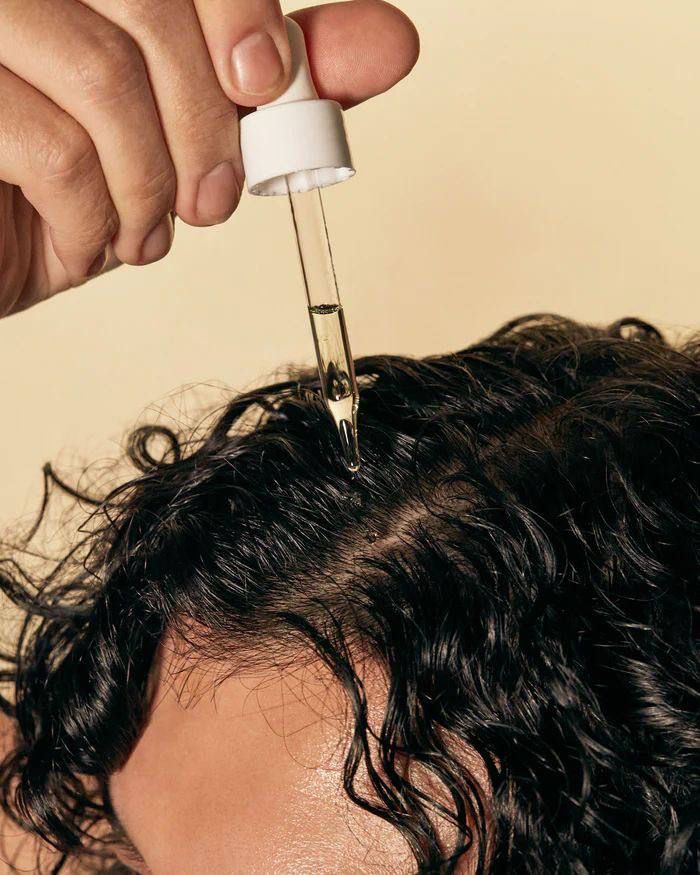

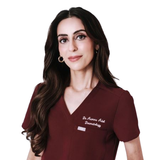
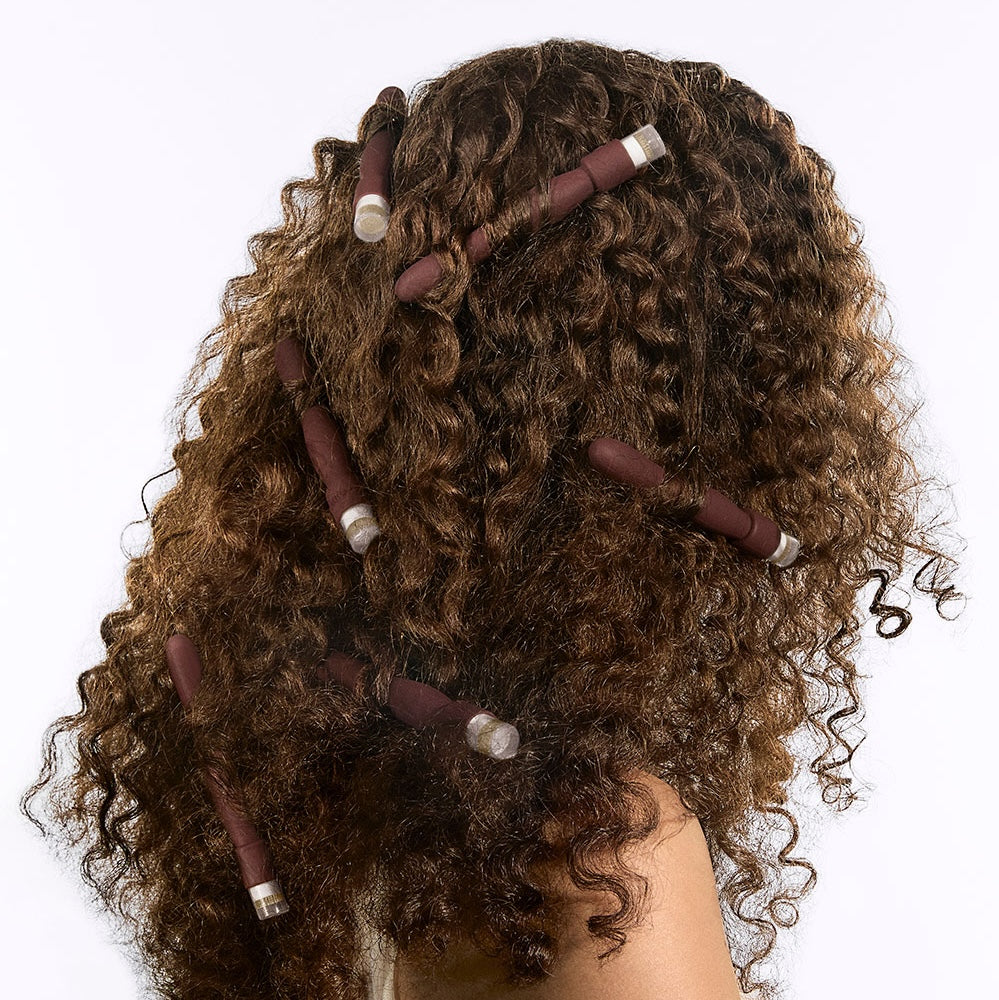
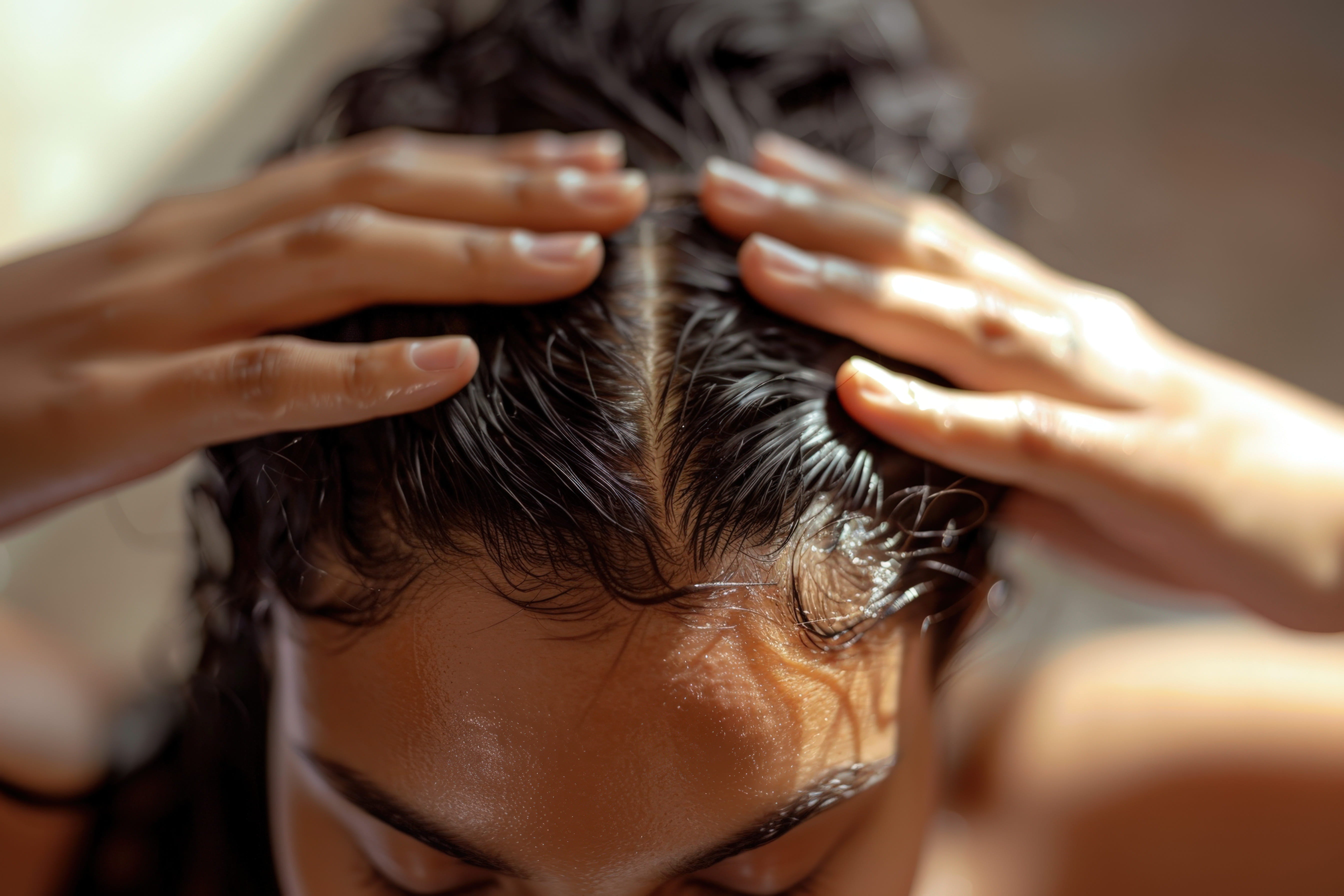
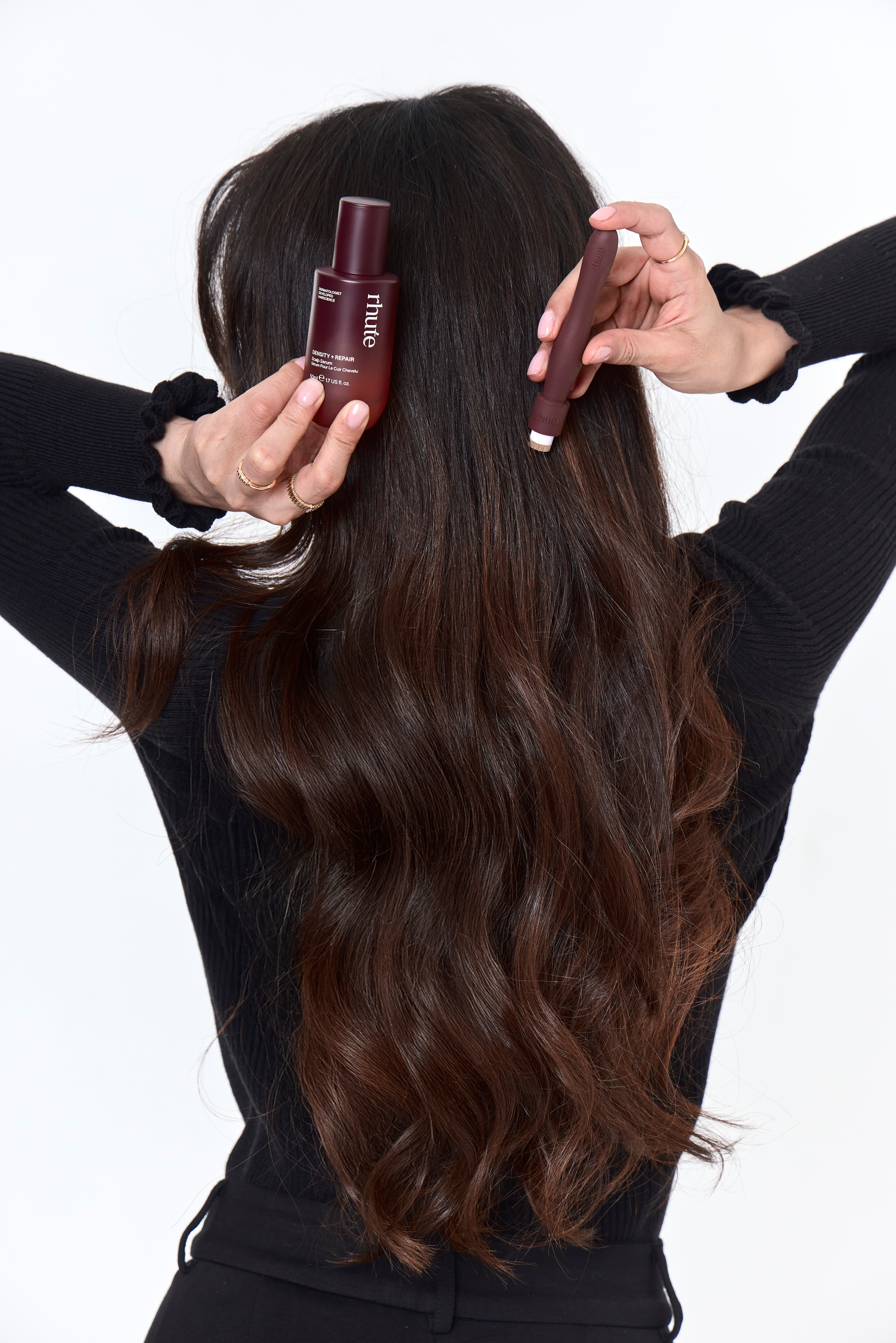
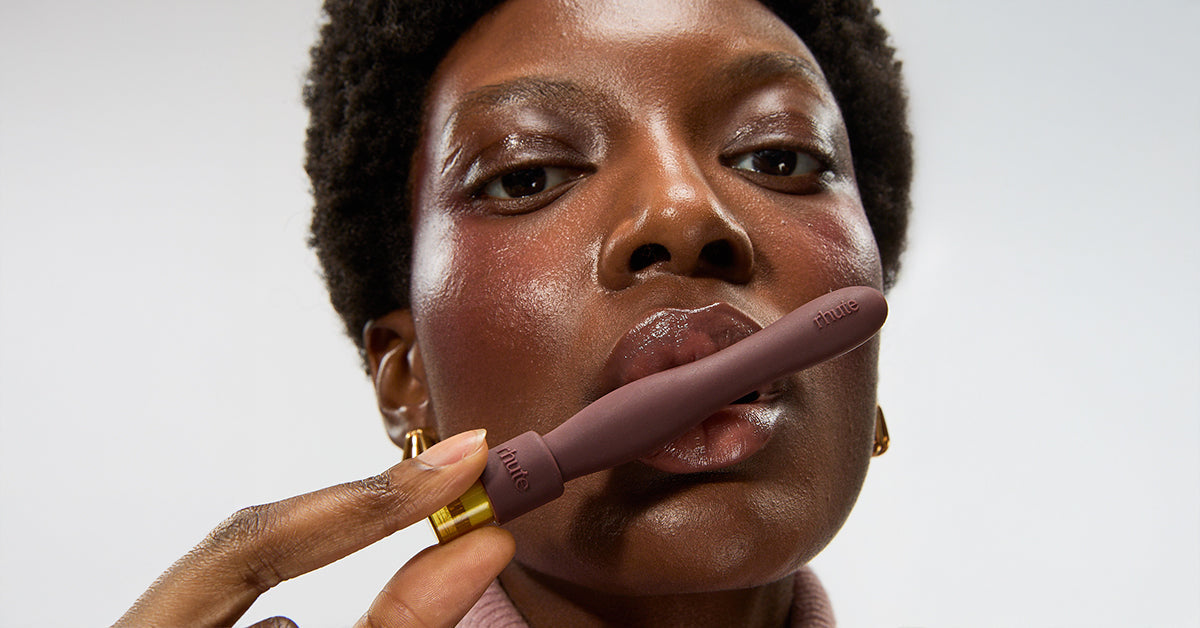
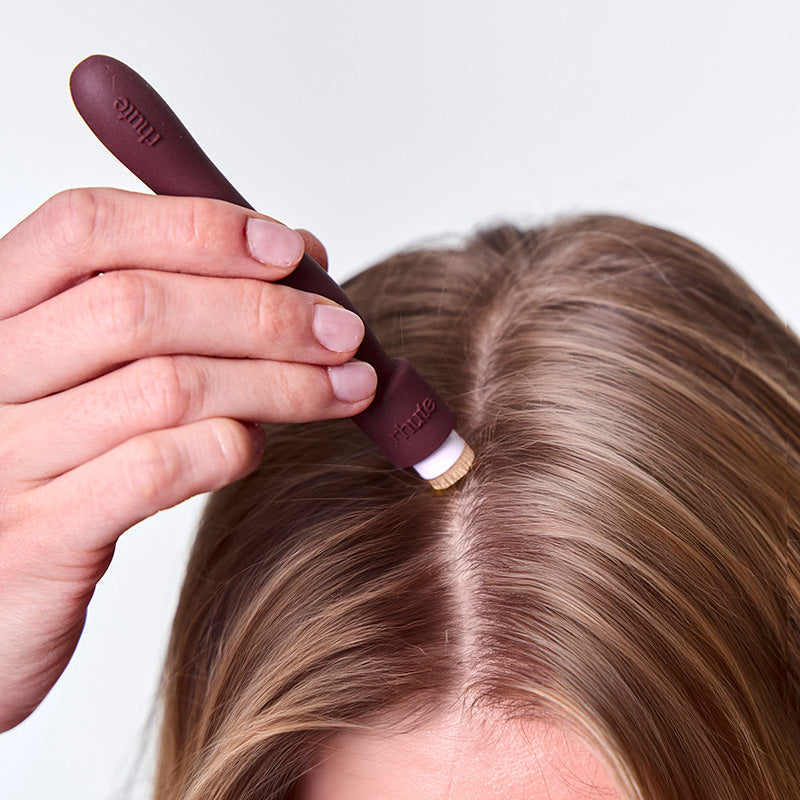
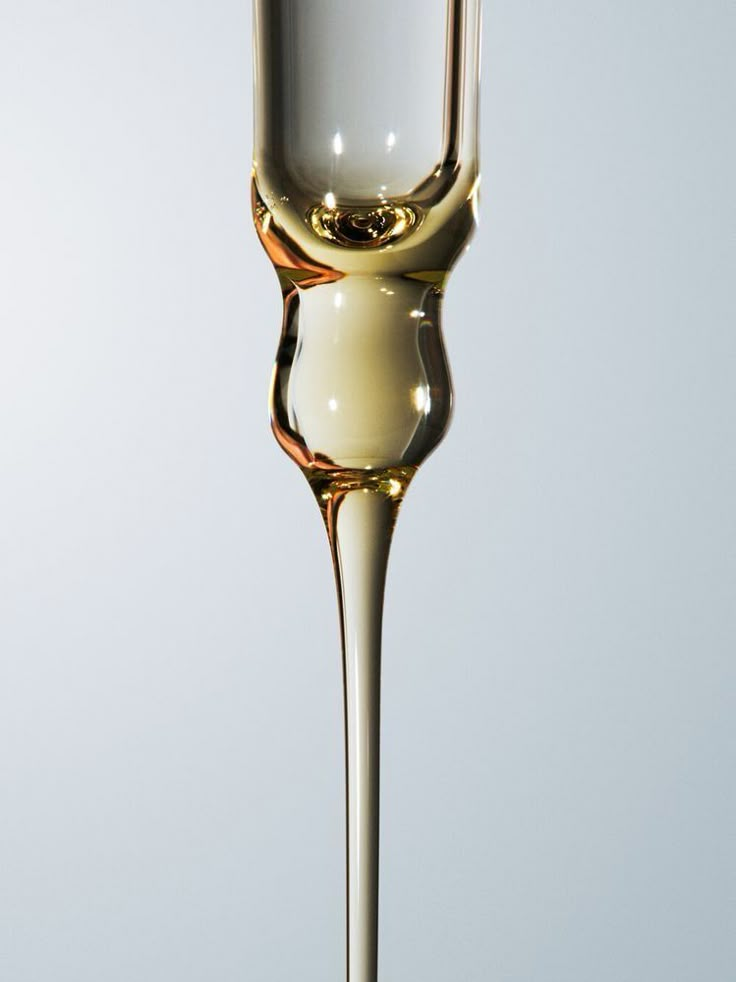
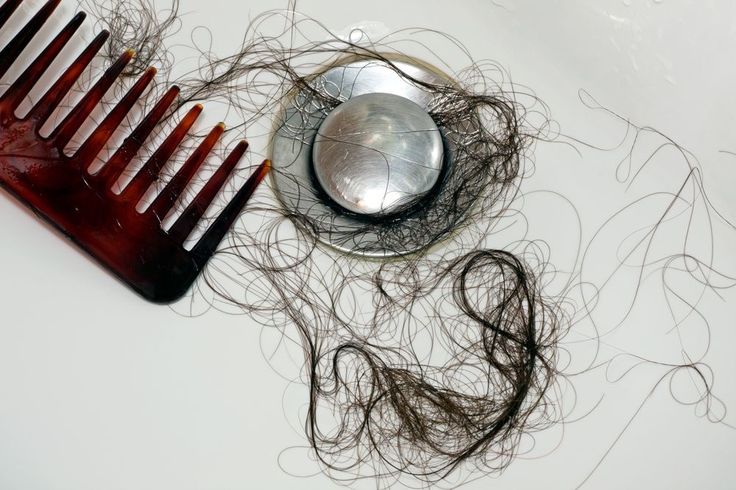
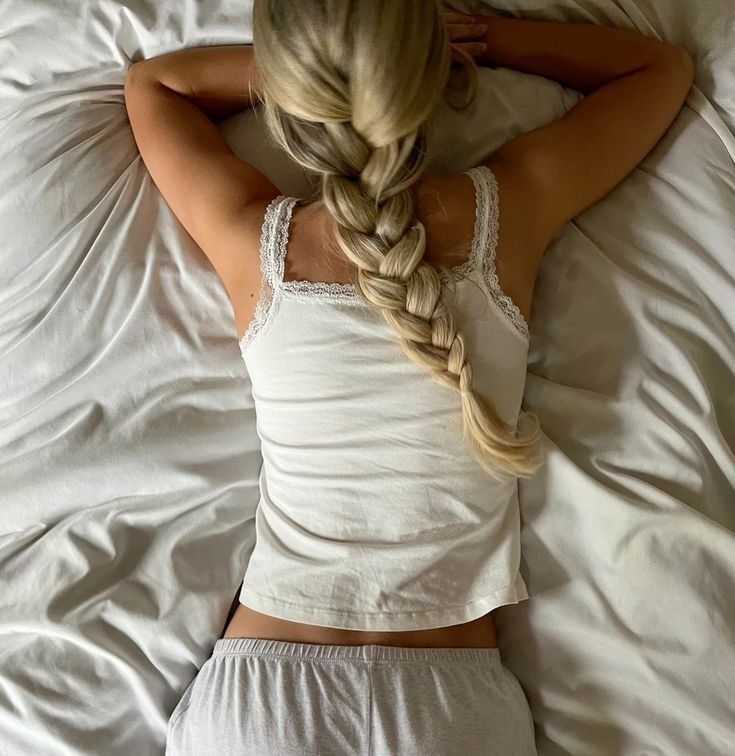
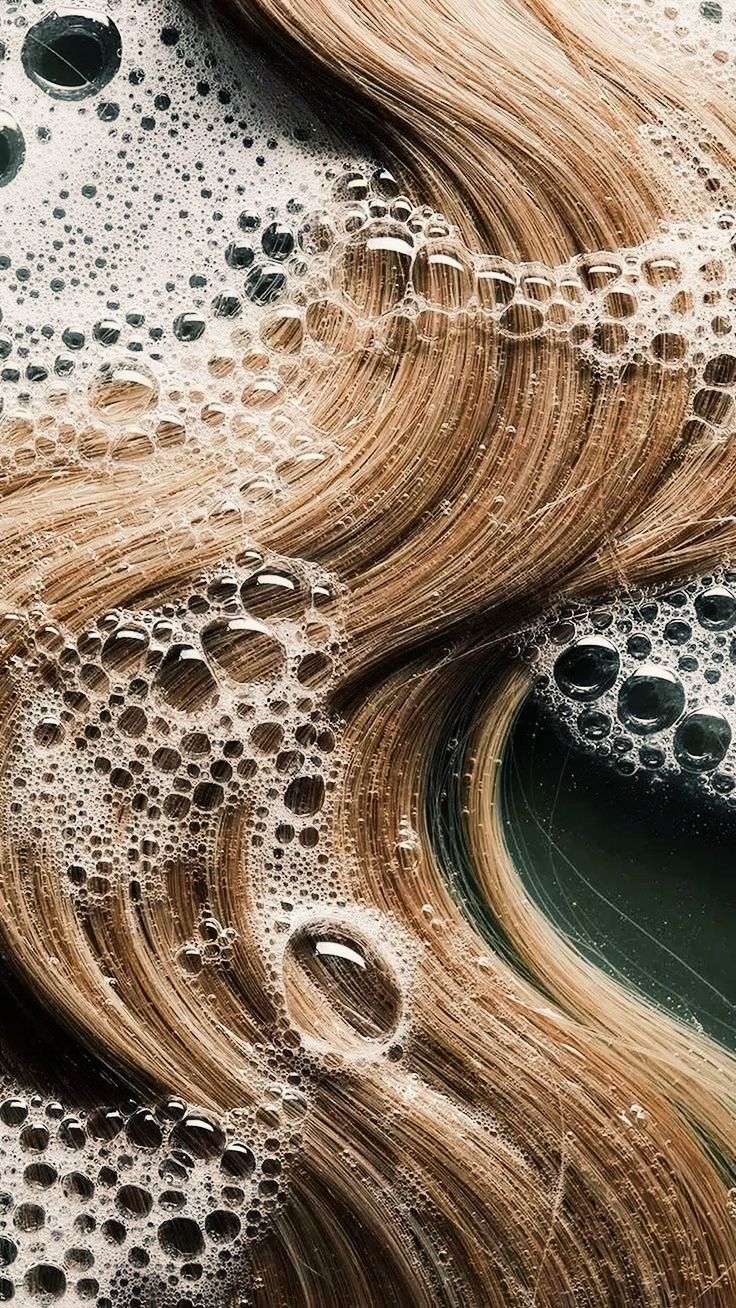
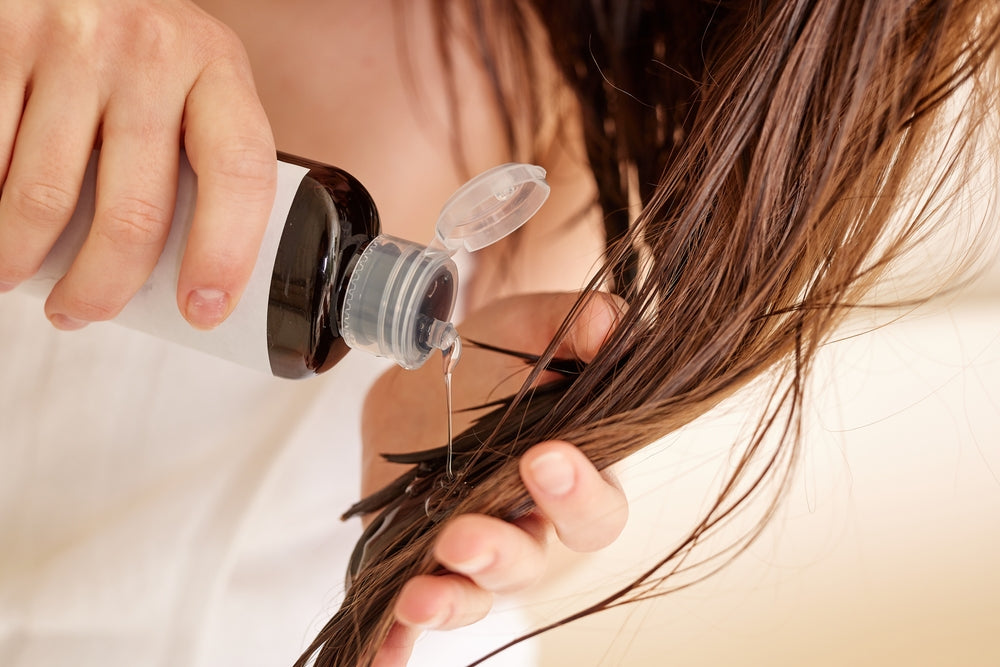
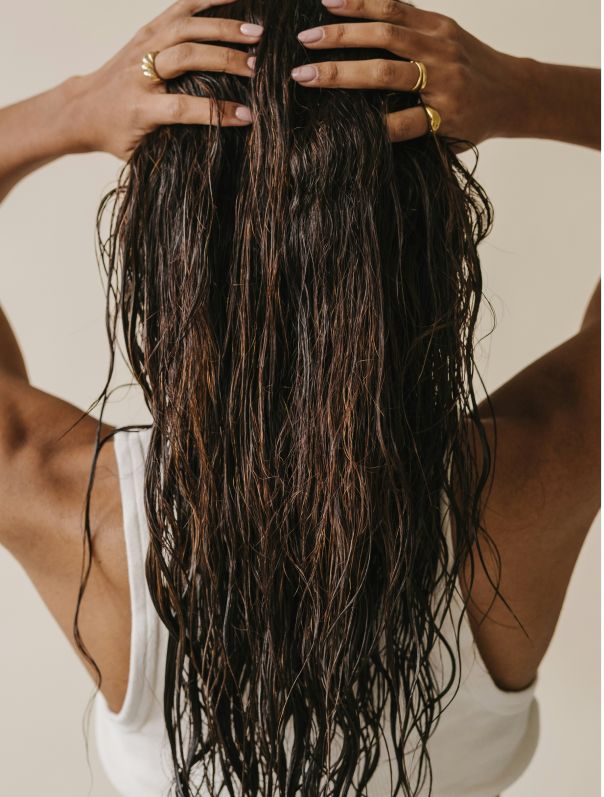
Share:
Heat Styling: How to Protect Hair From Damage
Types of Hair & How To Care For Them